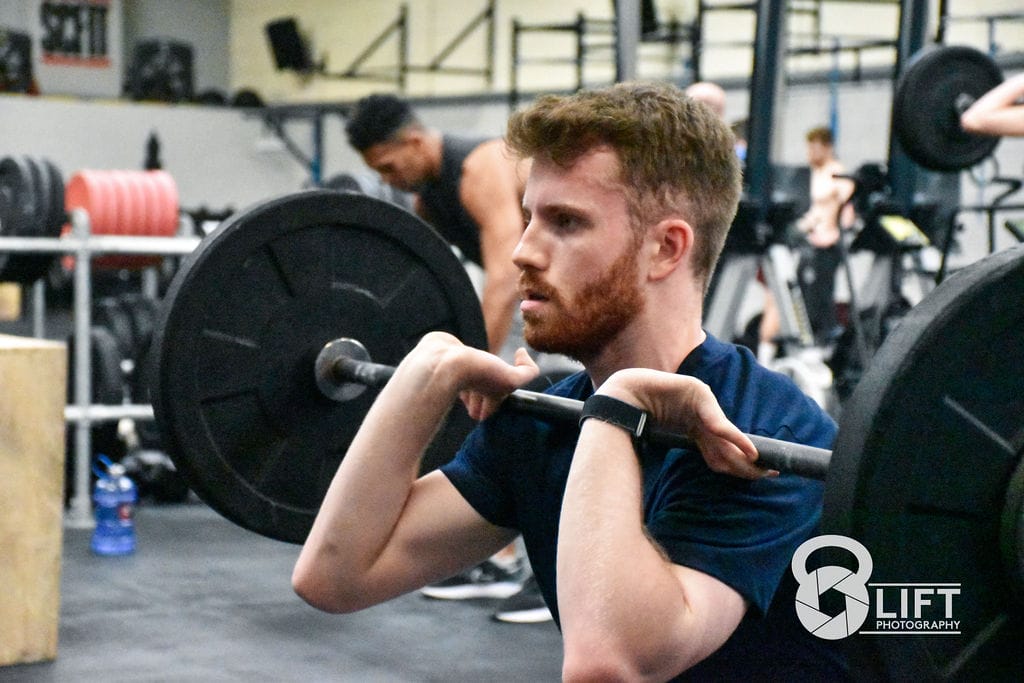You have probably heard people talk about how muscle is heavier than fat, but let’s start off by clearing up the language that we’re using the talk about muscle and fat.
It’s a little bit like the old riddle – what’s heavier, a ton of feathers or a ton of bricks? We all know the answer is that they both weigh a ton, but they differ in density. So the ton of feathers obviously takes up more space than the ton of bricks.
Now let’s take that concept of comparing density to fat and muscle, because it should now be obvious that they both weigh the same.
Muscles are made up of tiny fibres called myofibrils. These are super tightly packed together and when you use them with enough intensity (speed or load) your body makes them slightly bigger and thicker. This results in bigger, and hopefully stronger, muscles that are better suited to what you want them to do. Growing bigger and stronger muscles is a long process that requires effort in terms of lifting and effort in terms of eating well.
Fat is made up of adipocytes that aren’t packed anywhere near as tightly as muscle fibres. Fat tissue is a lot easier for your body to grow as all you need to do is to overeat compared to your activity levels.
Think about muscles being similar to sticks of rock in density vs fat being more like candy floss.
So taking the fairground comparison forwards and putting numbers on it we know that muscles are 18% heavier than fat for the same amount of volume.
This means that a smaller person with more muscle may weigh more than a larger person with less muscle. It also means that if you get your training and nutrition in order you can look better without even losing any weight!
Want to know more and to start working with one of our expert nutrition coaches, get in touch with us today so we can make it happen.

